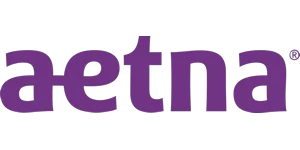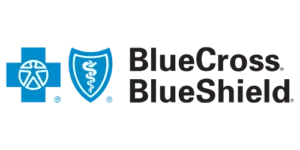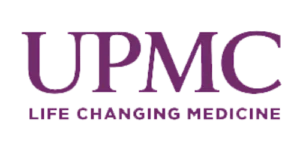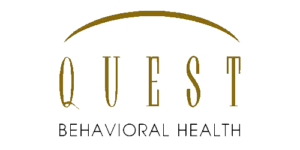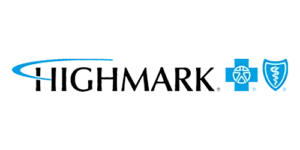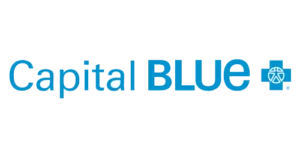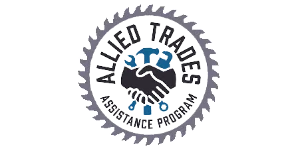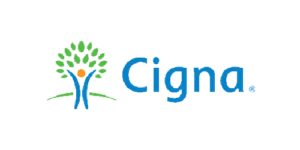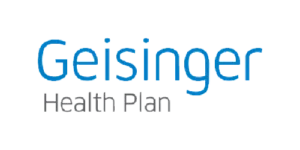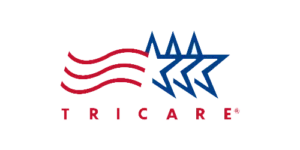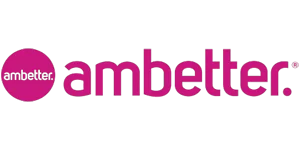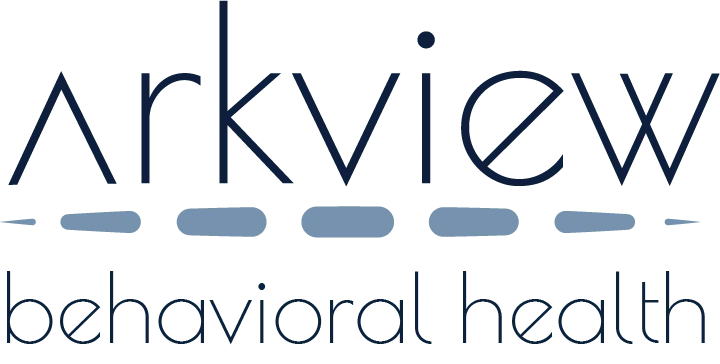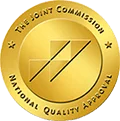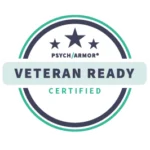September is National Recovery Month, a month dedicated to not just celebrating those in recovery but also continuing to raise awareness of the importance of recovery and sobriety, including shining a spotlight on the dedicated professionals, families, and organizations that support recovery every day.
With addiction and mental health challenges continuing to affect millions of Americans, National Recovery Month serves as a powerful reminder that recovery is possible, treatment works, and people can and do rebuild meaningful lives. Whether you’re in recovery yourself, supporting a loved one, or part of the professional treatment community, September offers opportunities to raise awareness, reduce stigma, and celebrate hope.
In this blog, we’ll explore what National Recovery Month is, why it matters, how to get involved, and how Arkview Recovery can help you get started on your recovery journey.
 What is National Recovery Month?
What is National Recovery Month?
As we touched on, National Recovery Month is an annual observance of evidence-based treatment and recovery practices for both substance use and mental health disorders. Sponsored by the Substance Abuse and Mental Health Services Administration (SAMHSA), the campaign helps spread the message that behavioral health is essential to overall well-being.
At its core, Recovery Month has three purposes:
- Celebrate recovery stories by highlighting individuals who have found healing and strength through treatment.
- Raise awareness by educating communities about addiction, mental health, and available support systems.
- Promote resources by ensuring that people know help is available and recovery is achievable.
Each year, the campaign adopts a unifying theme to guide conversations and events. These themes encourage communities to share success stories, build connections, and address the stigma that too often prevents people from seeking treatment.
Why is National Recovery Month Important?
National Recovery Month is much more than just a date on the calendar; it’s a movement that touches millions of lives.
There are several key reasons why National Recovery Month is important, including:
While, as a society, we have come a long way in recognizing and accepting mental health and substance abuse disorders as a disease and not a failing, these conditions are still far too misunderstood, leaving many suffering afraid to ask for help. Recovery Month normalizes the conversation, reminding everyone that seeking treatment is a sign of strength and resilience.
By highlighting real-life stories of people in recovery, National Recovery Month can provide hope to those who are struggling. Seeing or hearing about someone who has overcome a similar battle can be inspiring, ultimately leading that person to take the first steps toward their own recovery.
Recovery is not a journey taken alone. National Recovery Month also recognizes and celebrates the families, friends, treatment professionals, and community organizations that also play critical roles in supporting long-term recovery.
Raising awareness about treatment options helps connect people with the care they need, whether that’s detox programs, inpatient treatment, outpatient services, or community support groups.
Healthy individuals create stronger families and communities. National Recovery Month emphasizes the importance of supporting recovery for the benefit of society as a whole.
When is National Recovery Month?
As we mentioned in the intro, National Recovery Month takes place in the month of September. Throughout the month, local and national organizations host various events, including recovery walks, educational workshops, and community celebrations.
While the entire month is dedicated to recovery awareness, specific days during the month are dedicated to specific events:
- September 14 – National Sober Day
- September 30 – International Recovery Day
In addition to both celebrating and educating throughout the month of September, many communities also take this time to hold ceremonies and vigils to honor the lives lost to mental health and substance abuse disorders.
What is the History of National Recovery Month?
National Recovery Month began in 1989 when it was originally called Treatment Works! Month. At that time, the campaign focused primarily on promoting substance use treatment.
Over the years, though, the campaign evolved to include mental health recovery as well, recognizing the strong connection between mental health and substance use disorders. In 1998, the name officially changed to National Alcohol and Drug Addiction Recovery Month, and later it was simplified to National Recovery Month to encompass all recovery pathways.
SAMHSA has been a leading force behind the campaign, though countless community organizations and treatment centers have adopted and expanded its mission. Today, Recovery Month is recognized not just nationwide, but worldwide, with thousands of events and millions of people joining the conversation every September.
What is the National Recovery Month Timeline?
- 1989 – Launch of Treatment Works! Month, focused solely on substance use treatment.
- 1998 – Expanded scope and renamed National Alcohol and Drug Addiction Recovery Month.
- 2000s – Campaign themes emphasize prevention, treatment, and support systems for recovery.
- 2010s – Increasing focus on integrated care for co-occurring disorders.
- 2019 – 30th anniversary of Recovery Month, with events held in all 50 states.
- Present Day – Recognized as National Recovery Month, encompassing all forms of recovery, including substance use, mental health, and co-occurring conditions.
What are National Recovery Month FAQ’s?
The Substance Abuse and Mental Health Services Administration (SAMHSA) is the lead federal agency supporting Recovery Month.
Anyone can participate, whether you are in recovery, supporting someone who is, or simply an advocate for mental health and addiction awareness.
Check local community centers, treatment programs, and online event directories. Many organizations post Recovery Month events on their websites and social media pages.
Not at all. Recovery Month is about supporting and celebrating recovery at every level, including advocacy, education, and community awareness.
Many organizations encourage individuals to share personal recovery journeys, either anonymously or publicly. Your story could provide hope to someone else.
What are the Facts About Addiction?
Addiction is a complex disease that affects the brain and behavior. Below are some facts pertaining to both addiction and recovery:
- Prevalence of Substance Use Disorders – In 2024, approximately 16.8% of Americans aged 12 or older (around 48.4 million people) had a past-year substance use disorder (SUD).
- Relapse Rates – Studies consistently show that relapse rates for SUD are around 40–60%, which are comparable to relapse rates for chronic illnesses such as hypertension or asthma.
- Early Relapse Post-Treatment – Some research finds that as many as two-thirds of individuals relapse within weeks of starting addiction treatment, and up to 85% relapse within one year.
- Long-Term Recovery Outcomes – Encouragingly, relapse risk declines substantially over time. After maintaining continuous recovery for five years, relapse rates can drop to less than 15%, approaching those of the general population.
- Treatment Access Gaps – Despite the prevalence of SUD, only about 19.3% of Americans aged 12 or older who needed substance use treatment received it in the past year.
- Co-occurring Mental Health Conditions – Among people aged 12 or older, 86.6 million individuals experienced either a mental illness or a SUD in the past year.
How to Observe National Recovery Month?
There is no one specific way to observe National Recovery Month. Observance can be whatever you want it to be, from personal reflection to active community involvement.
That being said, if you are looking for some recommendations, here are some meaningful ways you can participate and observe:
- Attend Recovery Events – Look for recovery walks, rallies, or educational seminars in your area. These events offer support, networking opportunities, and inspiration.
- Share Resources Online – Use your social media platforms to share information about treatment, recovery stories, or local resources. Adding hashtags like #RecoveryMonth can help spread the word.
- Support a Loved One – If someone in your life is in recovery, show them encouragement. Celebrate milestones and acknowledge their hard work.
- Volunteer – Consider volunteering at local treatment centers, sober living homes, or community organizations that support recovery.
- Educate Yourself – Take time to learn more about addiction, treatment options, and recovery pathways. Understanding reduces stigma and promotes compassion.
- Wear Purple – Purple is the official color of National Recovery Month. Wearing it throughout September can show your support.
- Advocate for Policy Change – Engage with local leaders to support policies that expand access to treatment and recovery resources.
Even small actions, such as sharing a recovery story or attending an event, can help create a culture of support and understanding.
Arkview Recovery Can Assist with Alcohol and Drug Addiction
At Arkview Recovery, we understand that addiction is a challenging, deeply personal journey, but we also know that recovery is possible. Our compassionate team provides evidence-based treatment tailored to each individual’s needs, helping clients heal physically, mentally, and emotionally.
As we observe National Recovery Month this September, we stand with individuals and families everywhere who are affected by addiction. Together, we can raise awareness, reduce stigma, and celebrate the strength of recovery.
If you or a loved one is struggling with alcohol or drug addiction, don’t wait. Contact us today and take the first step toward healing.
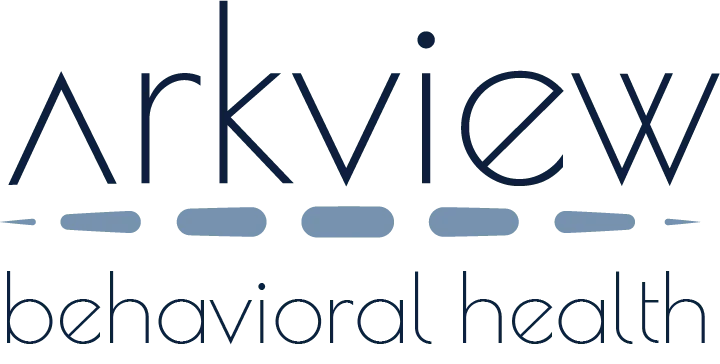

 What is National Recovery Month?
What is National Recovery Month?
